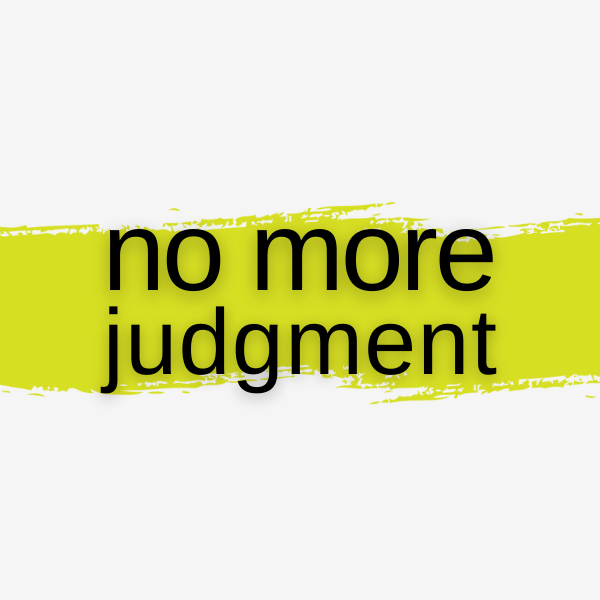
A missed deadline. The full scope of a request was not fulfilled. The customer or client did not receive the deliverable.
Wow! Those are some harsh judgments.
The reality is they are not judgments. Those are performance issues.
“Nice of you to show up.”
“I can’t believe he gets to leave early every day.”
“Any time she needs off for her kid, she gets it. I wish I had a kid.”
Those are judgments. They are toxic comments directed at how someone is spending their time. They are not about the work. They are not forms of performance management. In fact, they are examples of SLUDGE.
This form of corrosive communication places the focus on the person - not the work. It normalizes judging how others spend their time instead of getting clear about what is needed and when is it needed in order to serve the customer or client. It lowers autonomy. It shames. It divides a workforce.
A true head-scratcher (or face to the wall) is that people’s use of time still gets judged even when they are high performers.
“You’re delivering on spec, on time, and on budget! But… you did come in late two days last week. We start at 9 a. m. around here.”
WHAT!?!?!?!?!?
In that scenario, employees become demotivated. Disengaged. Resentful. The focus is on someone’s use of time rather than the quality of the result. Once again, it lowers autonomy. Here’s the scoop, organizations do not own an employee’s time. Organizations own an employee’s results.
The Autonomy Guide Every Bold Leader Needs
For organizations to succeed, leaders must create a culture of equity + autonomy.
When judgment of how people spend their time is tolerated, morale suffers. However, you probably won’t be surprised to discover that outcomes are also adversely affected. When people are acting like clock watchers, hall monitors, and excuse examiners, the focus is not on… wait for it…
THE WORK!
This deepens the separation between the culture and trust, autonomy, clarity, accountability… measurable results.
Trusting people to live their lives, which includes work, liberates them to have more control over mastery, focus, time management, and what’s important at any given moment. It also strengthens alignment between their role’s purpose and connection to delivering success for the organization.
How someone spends their time is nobody’s business. The results a person is tasked with delivering are everyone’s business. Forced fun or a mandatory meeting in the break room or a Zoom room are beliefs motivated by a judgment. People, when trusted, communicate and collaborate when needed. People negotiate and focus on results. It’s done objectively and with the customer or client at the center of it all. Judging how people spend their time is not trust nor does it have anything to do with accountability.
Where there is judgment, there is no trust.